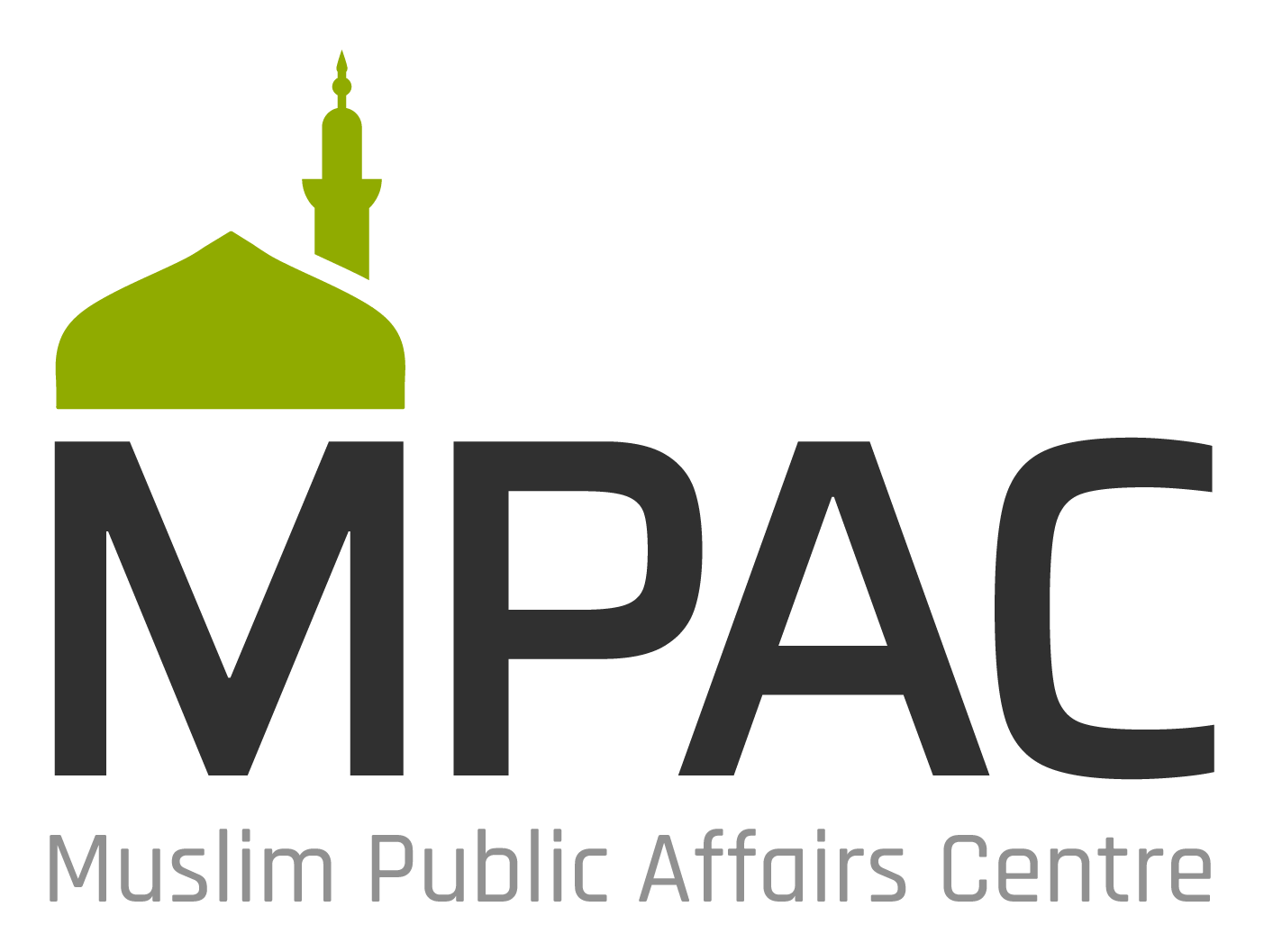
LAGOS STATE HIJAB CASES
WORKPLACE
Discrimination: Industrial Court Faults Federal Medical Centre Ebute Metta Over The Use of Hijab
His Lordship, Hon. Justice I. G. Nweneka of the National Industrial Court of Nigeria, sitting in Lagos, Lagos State, on Tuesday 8th January 2019 in a judgment declared that the refusal of the FEDERAL MEDICAL CENTRE EBUTE METTA (3rd Respondent) to interview OLATUNJI SALIU HAWAW (Applicant) only because she put on her hijab is discriminatory and a violation of section 42 of the Constitution of the Federal Republic of Nigeria 1999 [as amended].
“Undoubtedly, the 3rd Respondent (FMC, Ebute Metta) has by its action infringed on the applicant’s fundamental rights enshrined in the above sections of the Constitution. These rights are not cosmetic but are the pivot of existence of citizens.” -Hon. Justice I. G. Nweneka
SCHOOLS
Discrimination: Lagos State Government
The Lagos State hijab case was a legal battle between the Lagos State Government and a group of female Muslim students who were denied the right to use the hijab in Lagos State public schools.
On Thursday, November 18th 2008, Judge Olubunmi Oyewole of the Lagos State High Court ruled that ban on hijab was a breach of articles 38 and 42 of the Nigerian Constitution. In a separate case in 2014 after Lagos State Government banned the use of hijab in public schools, the Muslim Students Society (MSS), a number of Muslim groups and several parents and students challenged the ban and dragged the Government to court. The hearing was done in Lagos State High Court, and the court ruled that the ban on hijab was constitutional.
However, in 2016 this decision was overturned by the Court of Appeal, which ruled that the ban was discriminatory and violated the students’ fundamental rights to freedom of religion and expression. In 2017 the Lagos State Government appealed the case in the Supreme Court, but the Court upheld the decision of the Court of Appeal to allow the female students the usage of hijab in public Schools. The Supreme Court’s decision in the Lagos State hijab case was a significant victory for Muslim students in Nigeria.
It affirmed their right to the usage of the hijab in public Schools, and it sent a message that the government cannot discriminate against any religion. Also, the Lagos State hijab case is a reminder that religious freedom is a fundamental human right that must be protected. The Supreme Court’s decision in this case is a victory for religious freedom and a step towards ensuring that all people, regardless of their religion, can practice their faith freely.
- MPAC Expresses Deep Shock Over Lagos State Commissioner for Education’s Comments
- MPAC Expresses Dismay Over Hijab Case Ruling
- Letter: Upholding the Religious and Human Rights of Students in Lagos State Public Schools
- Repeated and Continuous Cases of Victimization of Students in Hijab in Lagos State Public Schools
- AD-HOC COMMITTEE ON VICTIMIZATION OF STUDENTS WEARING HIJAB IN LAGOS STATE SECONDARY SCHOOL
OSUN STATE HIJAB CASE
OYO STATE HIJAB CASE
The Oyo State hijab case is a legal dispute between the students of International School Ibadan (ISI), the secondary school of University of Ibadan, and a number of Muslim students over the refusal of the school management to allow hijab in the school premises. The students filed a law suit in Oyo State High Court in 2018, alleging that the school’s refusal to allow them to wear hijab was a violation of their fundamental human rights.
However, the school strongly argued that the hijab is not part of the school uniform and that it could be a distraction to fellow students and could lead to safety concerns. The school also cited a 2014 circular by the Oyo State Ministry of Education that banned the usage of hijab in public Schools. In April 2023, the court awarded a cost of N240,000 against the school for causing delay in the hearing of the case.
However, the Court case has been ongoing for several years, and there has been no ruling yet. In addition to the legal challenges, the Oyo State hijab case has also had a significant impact on the students involved. The students have faced discrimination and harassments from other students and teachers, and they have been forced to miss school on several occasions. The case has also taken a toll on their mental health, and some of the students have reported feeling depressed and anxious. The Oyo State hijab case raises important questions about the right to religious freedom and the role of religion in public life. The outcome of this case will have a significant impact on the lives of Muslim women in Nigeria and it will also send a message to other States about the importance of religious freedom.
KWARA STATE HIJAB CASE
The female Muslim students of Kwara State College of Education, Ilorin, Kwara State, won a landmark victory on Monday, 08 May, 2006 in their case against the board of the college which had approved a dress code for students banning the niqob (a form of hijab). The High Court in Kwara State, presided over by Justice Durosinlorun Kawu, ruled in favour of the students and declared that the content of the Article “J” of the school’s new dress code “is unlawful, unfair, discriminatory, unconstitutional, null and void, and of no effect whatsoever”;
LAW SCHOOL HIJAB CASE
HIJAB RESOURCES
